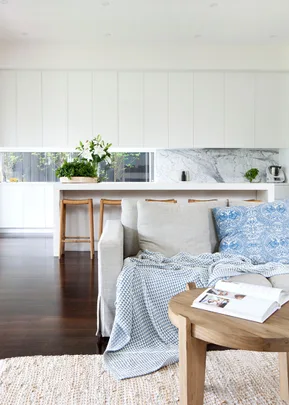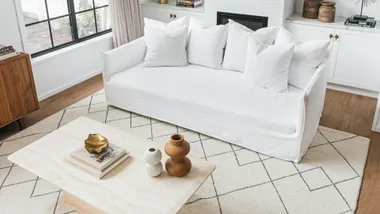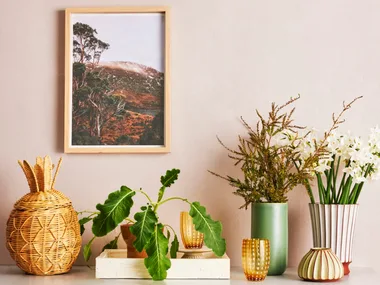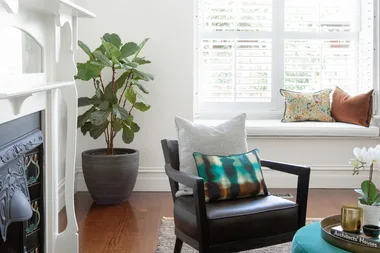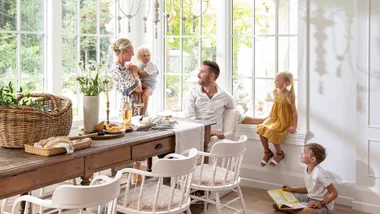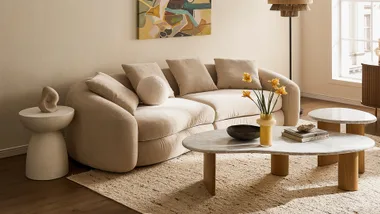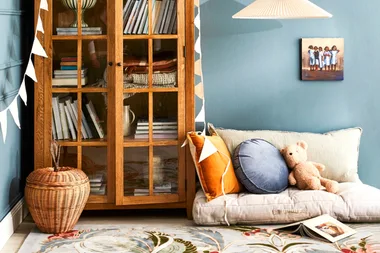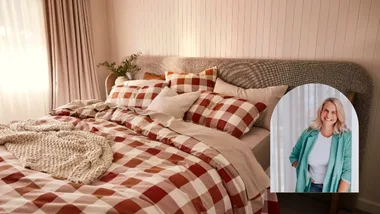CONGRATULATIONS! You’ve decided to build a new house for your brood – a home where you can enjoy each other’s company, revel in the seclusion of private spaces, entertain friends and family and relax doing whatever it is you like to do when the pressure is off. Building a new abode is no small undertaking – it involves large swathes of both time and money and can be an emotional journey – and the best way to manage your new construction is to be organised and strategic from the start. Here, our experts share their sage advice.
Engage the right people
Choosing a well-suited builder is crucial. Your budget will help guide you – do you have funds for a bespoke custom-built house, or will a project home suit your needs better? Find someone you trust and can work well with over a long period of time. It goes without saying that they should be fully licensed and insured, but it’s also a good idea to ask around for recommendations, and check at least three references – preferably including work that was completed a few years ago – before you sign on the dotted line. “Nobody’s perfect,” says builder Frank Tarulli of Thomas Archer Homes and part of the House To Home Beautiful team. “When things do happen, it’s about dispute resolution and how things are fixed or amended. A good relationship will make this happen a lot more organically.” An experienced builder will also have an established pool of all the necessary sub-trades. This is not the time to be introducing your cousin who’s an electrician, as the builder does not have a previous working relationship with him and will not guarantee his work. “You want to make sure when you engage a builder that they are taking care of everything,” says Frank, who designed the Thomas Archer Homes property. “This will reduce stress. Once you’ve got all the planning done, you want to sit back and watch your home get built.”
It’s really important your builder has all the right trades and suppliers under his wing
Frank Tarulli, Thomas Archer Homes
Get real about the budget
While it’s great fun pinning images of your dream living room, like the swoon-worthy space by Plantation Homes’ ‘Emerson’ series, there’s a lot of work to be done before you plump that final cushion. Getting your head around your budget is vital. Keep in mind that the actual cost of construction is only a portion of the money you’ll be spending. Your finances need to cover everything from planning, design and approvals to site works, fixtures and fittings and external works – as well as what you might want to spend on new furniture further down the track. “There’s nothing worse than taking your old brown couch into a brand new house,” says Frank Tarulli. “We want people to move into their home and be happy – not think, ‘Now I have to save up for the next three years for things that we need to finish the home.’” Your architect, builder or project manager will be able to give you a rough idea of how much you’ll have to spend, but don’t discount your own bank of knowledge. “People know more than they think about the cost of building a house,” says builder John Davis of Open Plan Living. “They know, for example, that they’re not going to be spending $10,000 on their kitchen and that a pool doesn’t cost $20,000.” A building estimator can work out an accurate budget from your finalised drawings. From here, you can make any cuts and adjustments as needed. Online mortgage calculators like this one from Qudos Bank, are a really simple tool when trying to figure out financing.
We try to educate people on the total cost, not just the building cost
Frank Tarulli, Thomas Archer Homes
Perfect the plans
It’s infinitely easier to make a change on paper than with a built wall, so take your time in the initial design stages. “Make sure you get the size of the house and the layout right,” says Frank. That advice extends to every room, and the fine details within. “Do you like baking? Then a large oven with lots of bench space and clever storage options for trays and racks will be essential,” advises managing director Anthony Fletcher of kitchen appliance company Schweigen. “Or, if you enjoy pre-dinner conversation, incorporate a cooktop into an island counter so that guests can gather round and join in while you cook.” It’s also a good idea to consider your appliances early on, says category marketing manager Costa Avgerinos of LG Electronics. “Counter depth is an important factor to create a flush look,” he says. “Other elements to bear in mind include leaving 15mm around your fridge for ventilation, and space to open its door without hitting cupboards.” Even less glamorous spaces such as the laundry need special attention. “Decide whether a stacked washer and dryer layout or side-by-side configuration is best for you and the area you have,” says senior marketing manager Brad Reed of home appliances firm LG Electronics. It’s in this planning phase that you can optimise your layout and include all the clever storage tricks you’ve always dreamed of.
Consider the ‘bones’
The actual structure of your house should also be taken into account early on, as building materials can have design, cost and comfort implications. “Important things to consider include the thermal properties of the material as well as acoustics and fire resistance,” explains marketing and brand manager Melissa Nguyen of CSR Hebel. “Does your building material help to keep your house warmer in winter and cooler in summer? Does it help with noise reduction?” Also, make sure you choose materials appropriate to the climate you live in. For example, if you’re near the coast you will have to deal with nasties such as salt corrosion, which can be tough on metal finishes, while painted surfaces will deteriorate more quickly on a heavily sun-exposed, north-facing side of a home than they will on the southern, shady side. Ask your builder for advice.
When planning a new kitchen, think about how you intend to use the space
Anthony Fletcher, Schweigen
